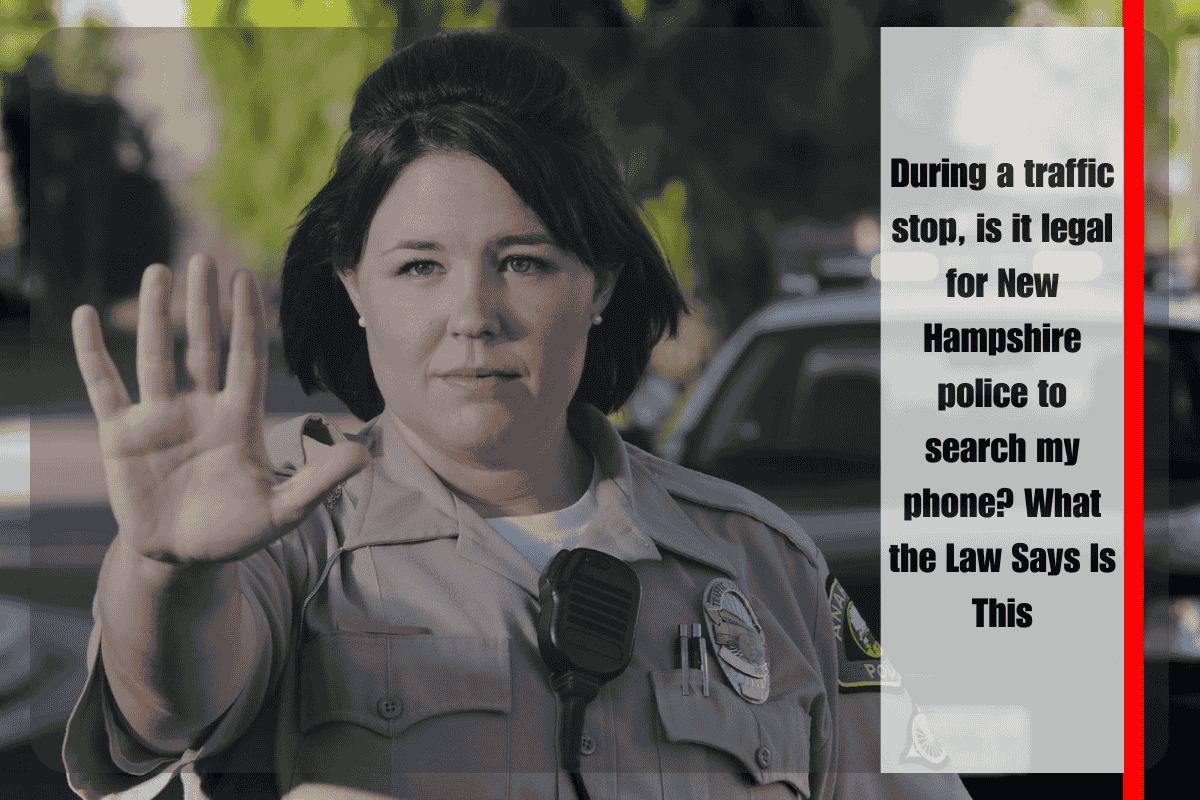In New Hampshire, police generally cannot legally search your phone during a traffic stop without your consent or a warrant. Under both the U.S. Constitution’s Fourth Amendment and New Hampshire law, searching the contents of a cell phone is considered a search and seizure that typically requires a warrant based on probable cause. This protection stems largely from the U.S. Supreme Court’s 2014 ruling in Riley v. California, which established that law enforcement must obtain a warrant before accessing digital information stored on a phone.
During a routine traffic stop, police may ask for your consent to search your phone. If you voluntarily agree, then they may proceed without a warrant. However, consent must be freely given, and you have the right to refuse the search. If police conduct a search without your consent and without a warrant or valid exception (like exigent circumstances), any evidence obtained could be deemed inadmissible in court.
New Hampshire further reinforces these protections through its state laws that require law enforcement to follow proper procedures to obtain a warrant before conducting electronic surveillance or searches of phone data. Exceptions to the warrant requirement are narrow and typically do not include routine traffic stops. Officers can, however, search your phone incident to a lawful arrest under certain conditions, but even this practice is limited and scrutinized due to privacy concerns.
In practice, unless you give voluntary consent, police will generally need a warrant to search your phone during or after a traffic stop. It is important for drivers to know their rights and to politely assert that they do not consent to a phone search without a warrant if they do not want to allow it.
New Hampshire law aligns with federal constitutional protections that prohibit warrantless phone searches during traffic stops, requiring police to gain a warrant or your explicit consent first for any phone search.
Sources
(https://leb.fbi.gov/articles/legal-digest/legal-digest-searches-incident-to-arrest-in-the-smartphone-age)
(https://www.citizenscount.org/issues/law-enforcement-surveillance)
(https://nhcriminaldefense.com/blog/understanding-search-and-seizure-laws-in-new-hampshire/)
(https://morneaulaw.com/cell-phone-search-by-police/)
(https://www.law.cornell.edu/wex/search_warrant)












